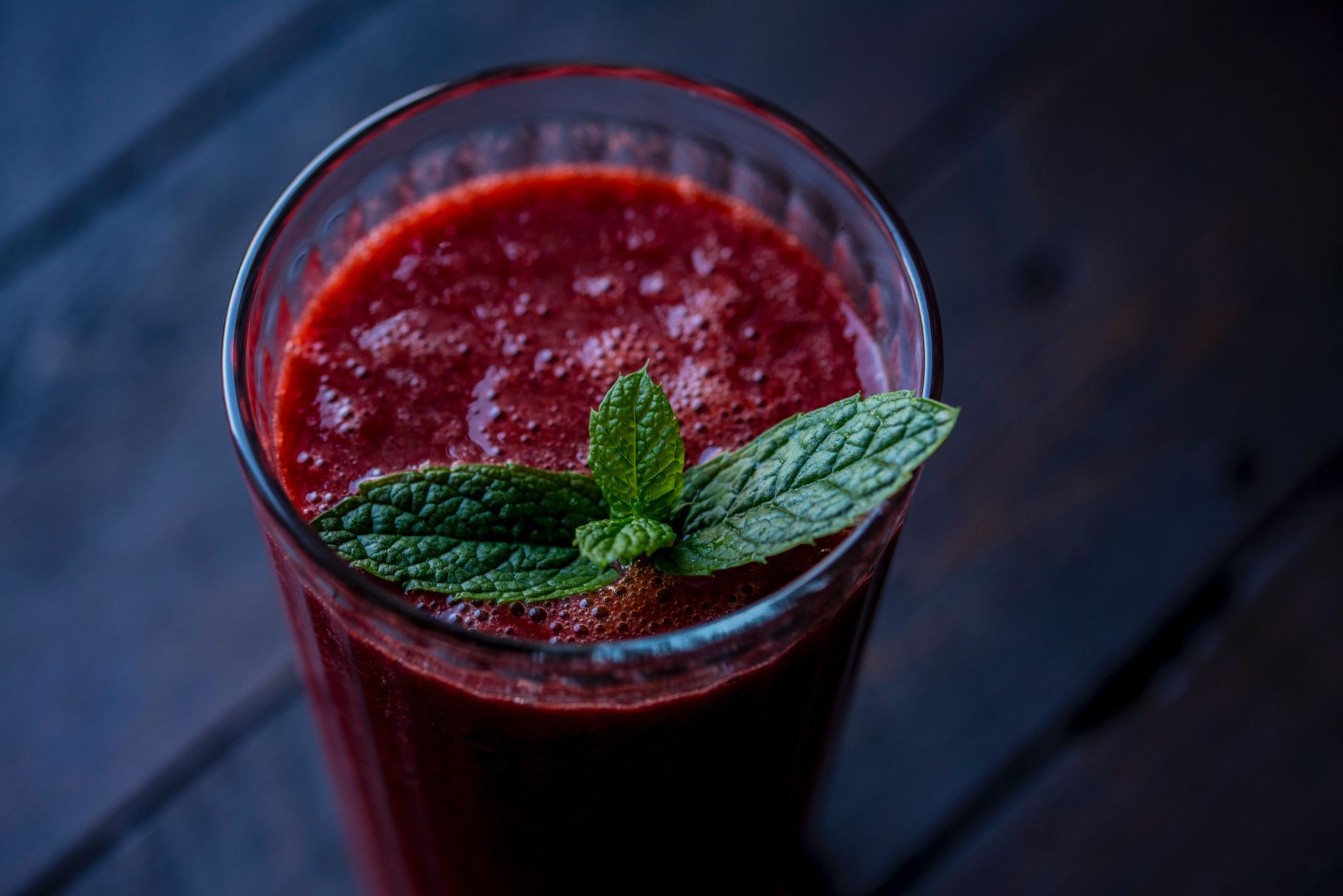 Make a Plan
Make a Plan
- Buy only what you need.
- Panic buying has negative consequences like over consumption of food.
Prioritize Fresh Products
- Use fresh ingredients and those that have a shorter shelf – life first.
- Fruits, vegetables and dairy products should be consumed everyday if available. Avoid canned foods as they have excessive sugar or salt content.
Be Mindful of Portion Sizes
- Being at home for extended periods of time with limited activities can lead to over – eating. Seek guidance through National Food Based Dietary Guidelines on healthy portions for adults and children.
Follow Safe Food Handling Practice
- Food safety is a prerequisite for food security and a healthy diet. Only safe food is healthy food. When preparing food, it is important to follow good food hygiene practice to avoid food contamination and food borne diseases. The key principles of good food hygiene include:
- Keep your hands, kitchen and utensils clean
- Cook food thoroughly
- Use clean and safe water and raw material
Limit Salt, Sugar and Fat Intake
- Prefer foods containing healthy sources of unsaturated fats such as nuts and opt for cooking methods that require less or no fat. Steaming, grilling or sautéing instead of frying should be favored. Avoid red and fatty meats, butter and full fat dairy products. Avoid trans fats as much as possible, like junk food, oily street food, etc.
Consume Enough Fiber

- Fiber contributes to a healthy digestive system and offers a prolonged feeling of fullness which prevents overeating. Aim to include vegetables, fresh fruits, pulses and whole grains like oats, brown rice, quinoa and whole – wheat bread rather than refined grain foods such as white bread, white rice, pasta, etc.
Stay Hydrated

- Good hydration is crucial for optimal health. Drinking water instead of sweetened drinks is a simple way to limit your intake of sugar and excess calories. Drink water infused with lemon & mint, rosemary & cucumber, lavender & basil seeds, tender coconut water and butter milk.
Are you feeling weak?

- Get enough sleep – Sleep and immunity are closely tied. Inadequate or poor quality sleep is limited to higher susceptibility to sickness.
- Eat healthier fats – Nuts, olive oil, fish, chia seeds, whole eggs, cheese, etc.
- Gut and immunity are deeply interconnected, probiotics may bolster your immunity system by helping to identify and target harmful pathogens. Take a probiotic supplement (such as yogurt, buttermilk, kefir, etc).
Immune System Boosters

- Citrus Fruits – Vitamin C increases production of WBC, which are key to fighting infections. Almost all citrus fruits are high in Vitamin C.
- You may include these in your daily meals for that extra boost of goodness and health:
- Lemon or Lime
- Red bell peppers
- Broccoli
- Garlic
- Ginger
- Spinach
- Yogurt
- Almonds
- Walnuts
- Sunflower seeds
- Turmeric
- Green tea
- Papaya
- Kiwi
- Poultry
- Dark chocolate
- Pumpkin
- Nigella seeds
- Sweet potatoes
- Guava
- Indian gooseberry (amla)
“Nosheen Fazili” is Clinical Dietitian in Department of Gastroenterology, SKIMS, she is also a PG Diploma in Dietetics, MSC DFSM, REGISTERED DIETITIAN(RD), MEMBER OF INDIAN DIETITICS ASSOCIATION and MEMBER OF IAPEN.
SOURCE: By Nosheen Fazili (Clinical Dietician)


















